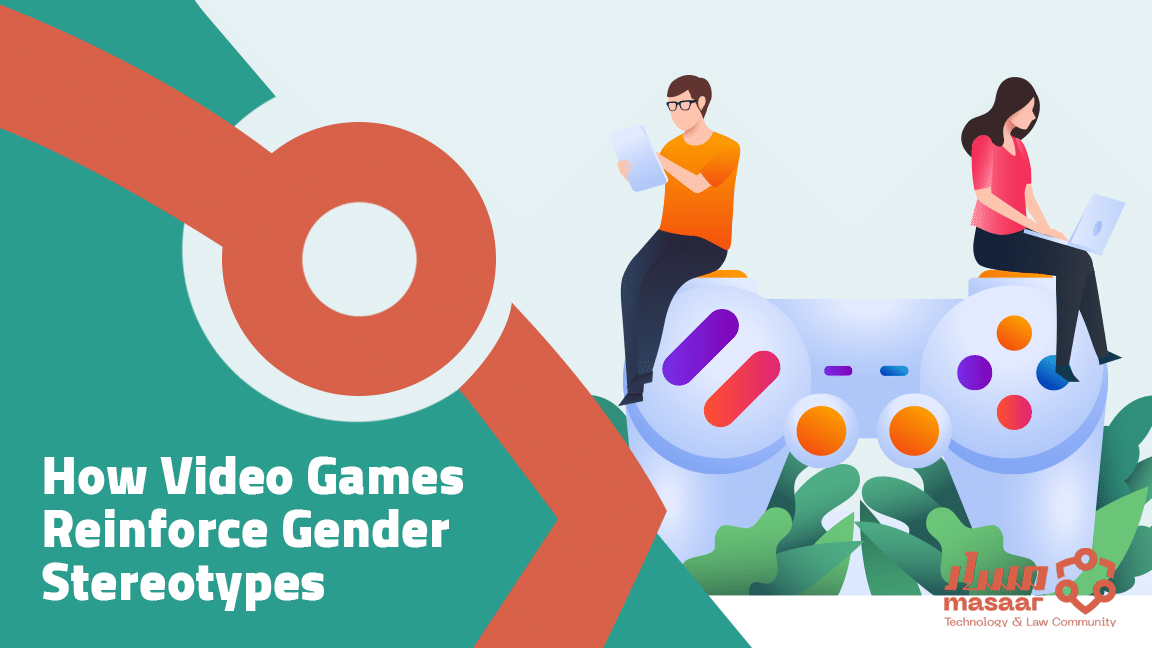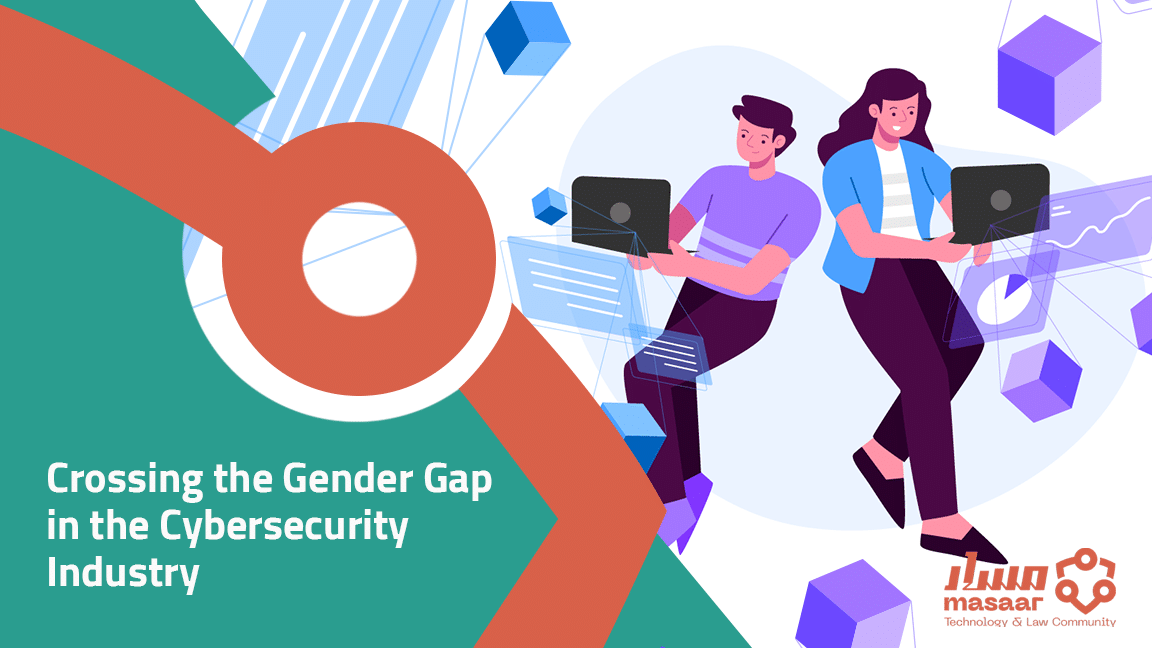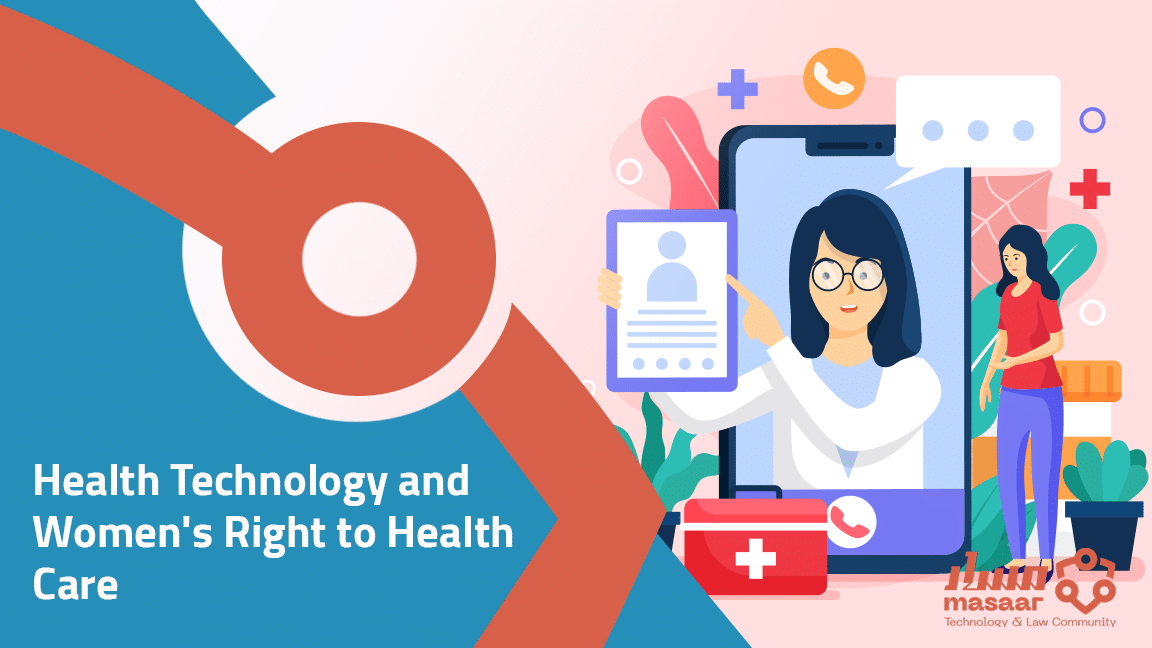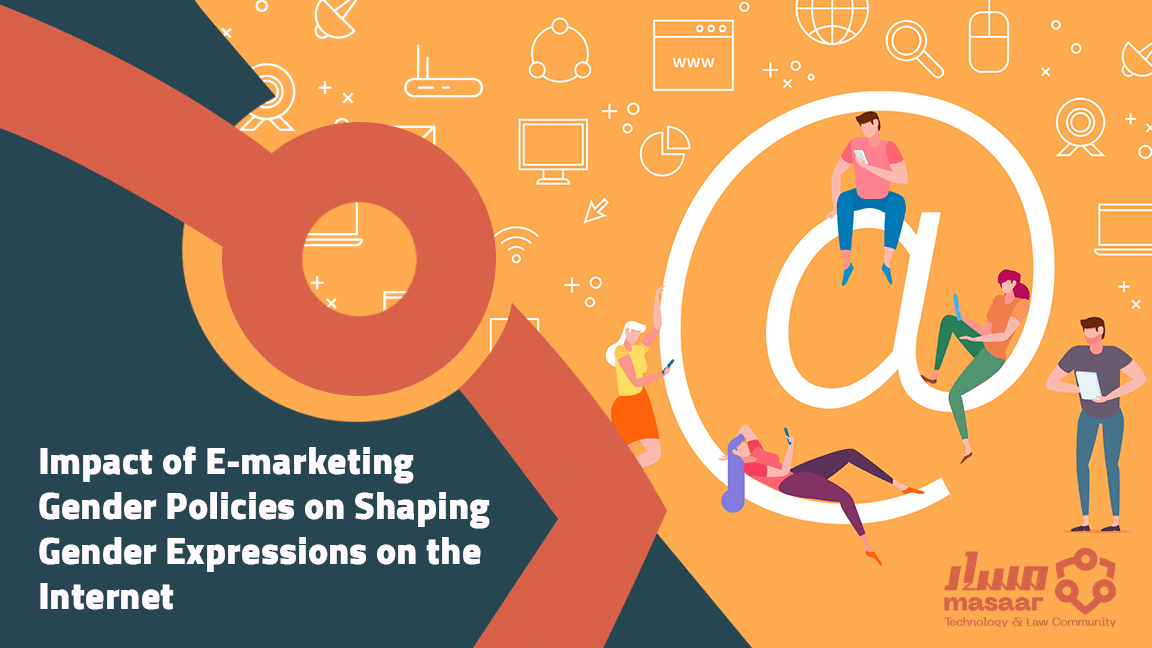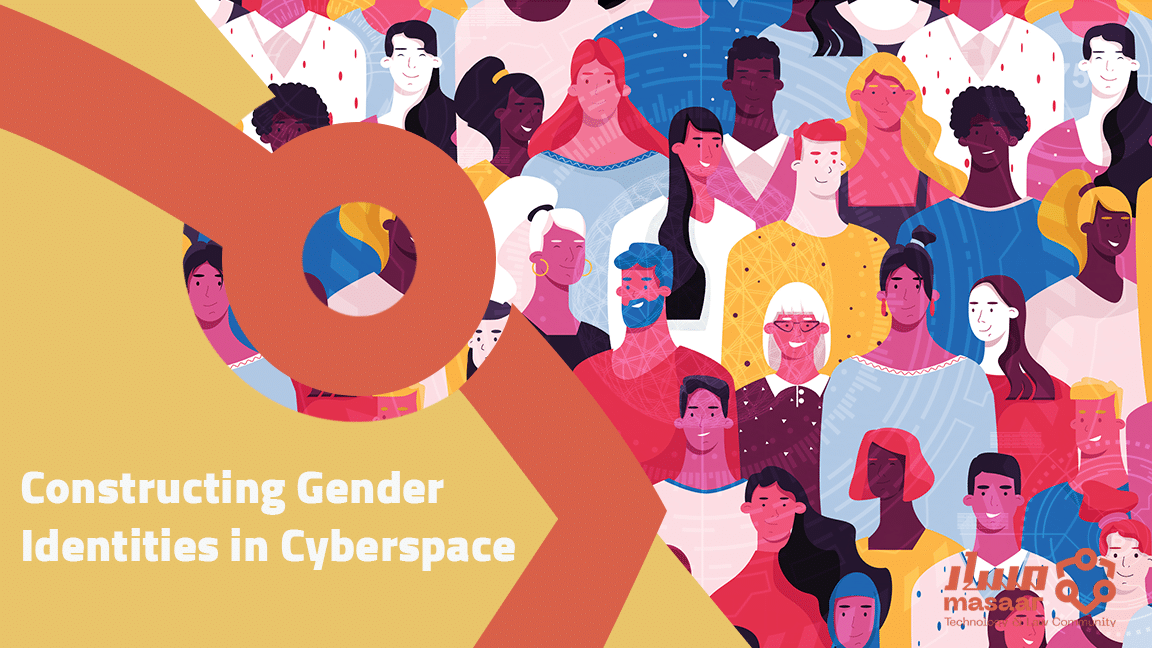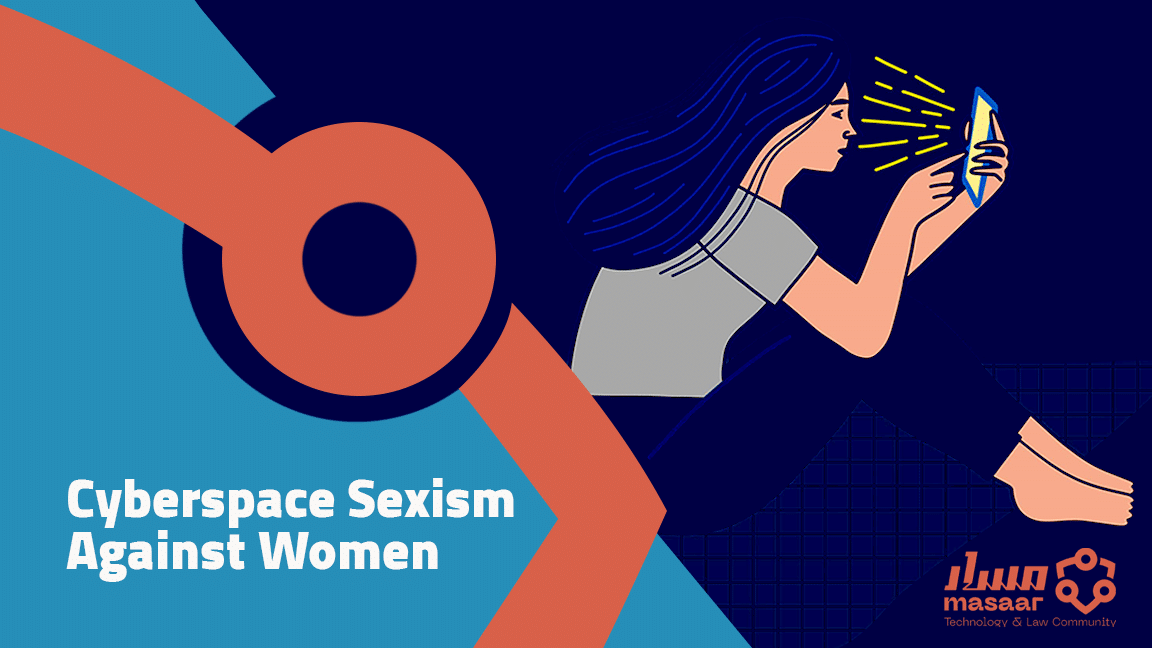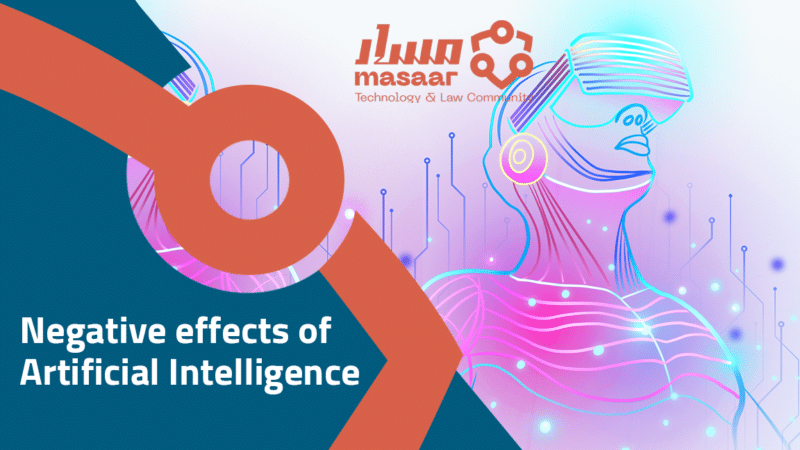Tech and Equality
How Video Games Reinforce Gender Stereotypes
This paper seeks to provide a comprehensive picture of the intersection of gender with video games. The paper also highlights the need to address many of the negative aspects that are still prevalent in both the video games industry and the content it provides, as well as in the gamers community and the sexism and misogyny prevalent in it.
Crossing the Gender Gap in the Cybersecurity Industry
This paper argues that gender diversity in the cybersecurity industry, especially the inclusion of more women in its workforce, is necessary for its development to confront the growing cybersecurity threats effectively.
Health Technology and Women’s Right to Health Care
This paper aims to provide a comprehensive overview of the potential uses of information and communication technologies in delivering better healthcare services for women. It begins by briefly presenting the reasons why many women are deprived of adequate healthcare services. It then provides an overview of how information and communication technologies qualify to play a significant role in improving women’s opportunities to access suitable healthcare services that meet their diverse needs and ensure sufficient quality.
Impact of E-marketing Gender Policies on Shaping Gender Expressions on the Internet
This paper discussed the relationship of electronic marketing to the gender gap and gender discrimination against women. First, the justifications for the great importance of e-marketing and its great role in shaping the image of the Internet and the experience of its users were presented. Secondly, this paper dealt with gender marketing policies. In particular, it focused on the extent to which these policies relate to traditional gender stereotypes that only recognize two gender identities.
Deep Fake: A New Weapon Targeting Women
This paper attempts to provide a definition of what deepfake is and the technological basis that allowed its development to its current forms and which still presents great opportunities for the further development of this phenomenon. The paper sheds light on the almost exclusive targeting of deepfake technologies in its pornographic aspect of women rather than men. It also exposes the development of the size and nature of targeting in recent years. The paper tries to clarify the extremely dangerous effects of the false content on the life and safety of its victims, with a focus on the psychological effects.
Constructing Gender Identities Online
This paper depends on scientific evidence to argue that given that Cyberspace can be proven to be a social space, it can be safely assumed that it impacts the constitution of gender identities of people interacting with each other within it. It also depends on empirical evidence from previous research that studied gender practices online, especially later research focusing on social media platforms like Facebook and Twitter.
Cyberspace Sexism Against Women
In this paper, we will discuss the question: Why has Cyberspace failed to be different from the wider societal space? Namely, why isn’t it less sexist and misogynist? The paper tries to explain, based on many sources, that Cybersexism is not a mere direct reflection of societal sexism.
Negative effects of Artificial Intelligence
This paper sheds light on the biggest dangers and negative effects surrounding AI, which many fear may become an imminent reality. These negative effects include unemployment, bias, terrorism, and risks to privacy, which the paper will discuss in detail.
Digital Security for Women: Initiatives and Training Guides
Gender greatly affects Internet users’ experiences and behavior while moving around and interacting in Cyberspace. The impact of threats of digital nature is different based on gender and sexual orientation, as gender reinforces social, economic, political, and cultural structures of the real world.
- « Previous
- 1
- 2
- 3
- Next »

